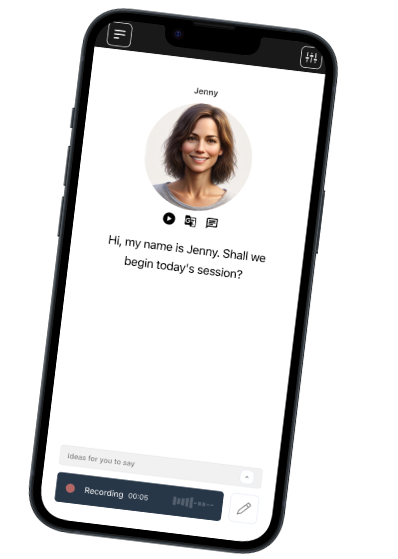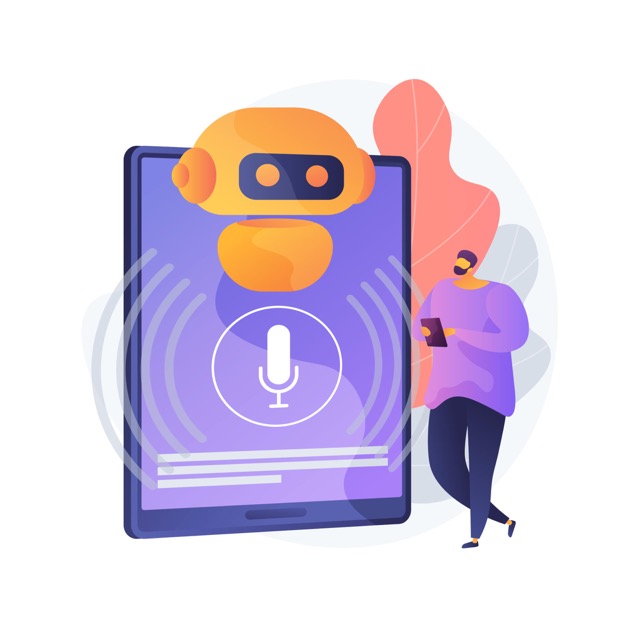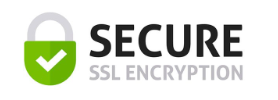Founded in Denmark. We respect your privacy.
Join a worldwide community of language learners
Why “Opp” Went Viral: How Internet Slang Is Reinventing English Grammar in 2024
Last updated on
In 2024, the English language is evolving at a speed that has linguists and casual observers alike on their toes. One of the clearest markers of this shift is the surge of internet slang—words like “opp,” “sus,” and “vibe”—that are transforming not just vocabulary, but how we build sentences and express complex concepts. These new words, often spawned from online communities, can be more than fleeting memes. They’re influencing the very structure and rules of English—sometimes breaking them, and sometimes reinventing them completely.
If you’ve ever scrolled through social media or followed online trends, you’ve probably spotted someone calling another person an “opp”—meaning opponent or rival. But there’s more to this rise of internet slang than meets the eye. By the end of this article, you’ll discover a surprising way this new grammar is helping language learners and shaping the future of English itself.
The Journey from Nouns to Verbs, and Beyond
Words like “opp” are a classic case of linguistic creativity in action. Originating in hip-hop and street vernaculars, “opp” was initially shorthand for “opponent.” Online communities quickly adopted it, and soon its use blossomed: “He’s an opp,” “Don’t be an opp,” and (perhaps most innovatively) “They’re opping again.” What’s fascinating here is how a noun becomes a verb in informal settings—demonstrating what linguists call conversion or zero-derivation, where a word changes its grammatical function with no formal alteration.
This evolutionary process was once rare and slow, but with the speed of the internet, such changes can take place in months instead of decades. As new users see and repeat these structures, they become normalized even outside their original communities. Similar paths have been traced for words like “google” (once a noun, now also a verb) and “friend” (as in “to friend someone”).
How Slang Reveals—and Reinvents—Grammar Rules
Modern slang like “opp” doesn’t just add words; it can reshape grammar by influencing how we build and interpret sentences. On platforms like Twitter and TikTok, users often use new slang to flip subject-verb-object order, create playful ambiguity, and add emotional subtext. You might see, “That’s such opp energy,” or even, “Don’t opp me today.”
The influence extends to other languages and learners, too. Many language apps, including those designed for multilingual users, struggle to keep up with the speed at which English evolves online. This makes internet slang an excellent entry point for anyone studying contemporary English, as it provides access to the living, breathing language used by millions in real time.
Language Learners: From Passive Observers to Active Participants
Rather than being impediments, internet-born grammar and slang offer practical lessons for language learners. Mimicking these patterns helps students develop the core skill of real-world communication: adapting to context. For example, Talkio’s AI-powered English lessons allow users to experiment with current expressions and receive instant feedback, supporting growth beyond textbook formulas.
Notably, studies indicate that understanding non-standard language—like the use of “opp” as a verb—can improve learners’ ability to parse authentic spoken English and keep up with cultural shifts [source]. As slang words naturally break or bend traditional grammar, they also foster a spirit of creativity and improvisation that textbooks rarely address.
The Big Reveal: Why It Matters for the Future of English
Here’s the twist: While purists may worry about the decline of “proper” grammar, modern research suggests the opposite. Internet slang doesn’t erode grammatical competence—it drives innovation and language flexibility. New forms like “opp” reveal gaps in traditional grammar that speakers fill through collective creativity. As a result, learners and native speakers alike develop stronger awareness of context, code-switching, and dynamic language use.
English, far from fossilizing, is more vibrant than ever. Whether you’re a learner, a teacher, or a curious bystander, engaging with modern slang may be one of the most effective ways to understand—and shape—the language of tomorrow.
Talk Your Way
to Fluency

Talkio is the ultimate language training app that uses AI technology to help you improve your oral language skills!
Try Talkio


